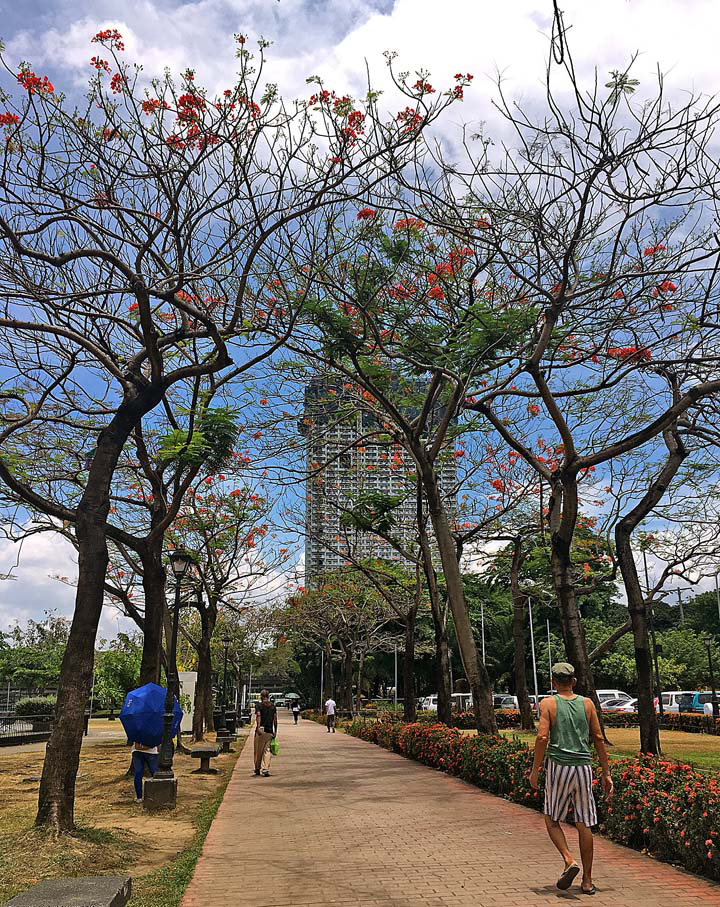
WEAK personal and health security made Manila the least safe city compared to other Asean-5 cities included in the 2021 Safe Cities Index (SCI) released by the Economist Intelligence Unit (The EIU).
Based on the data, Manila ranked 51st out of 60 cities in the 2021 SCI with an overall score of 52.5 out of 100. This is below the average score of 66.1 out of 100.
In the Asean-5, Singapore ranked 3rd overall with a score of 80.7 of 100; Kuala Lumpur, 32nd and a score of 66.6; Bangkok, 43rd with a score of 60.2; Ho Chi Minh City, 45th with 58.5; and Jakarta, 46th, 56.4.
“The pandemic is an immediate health challenge, but it has also created a potential turning point across every pillar of urban safety. A renewed, more holistic understanding of urban safety gives hope for cities that are not just more secure, in every sense, but more sustainable and enjoyable places in which to live,” the EIU white paper stated.
The index measures safety by looking at five pillars of security —digital security; health security; infrastructure security; personal security; and environmental security.
Manila’s lowest score was 46.4 for personal security where it ranked 55th, tied with Bangkok. This pillar measures crime and terrorism as well as the government’s efforts to respond to them.
In terms of health security, Manila scored 49.9 out of 100 but was ranked 54th out of 60 cities worldwide. The city’s score was higher in digital security where it scored 47.4 but ranked higher at 49th out of 60.
Manila also ranked 52nd out of 60 in terms of infrastructure security where it scored 52.9 out of 100. The city’s best ranking was 41st for environmental security where it scored 65.9 out of 100.
The city’s performance was below the global average in all indicators. This includes the city’s score in environmental security where the global average score was 68.5 out of 100.
“The introduction of the new pillar for environmental security in this year’s index reflects the increased importance of sustainability issues and climate adaptation measures amid the pandemic,” the EIU said in a statement.
This year, Copenhagen topped the SCI, scoring 82.4 points out of 100 while Toronto followed close behind with 82.2. This was a departure from the last three SCI editions where Tokyo, Singapore and Osaka—always in that order—have been the index leaders.
EIU said the change reflected a reordering among cities that have always come close to the top. In all four editions of our index, six cities —Amsterdam, Melbourne, Tokyo, Toronto, Singapore and Sydney—have all figured among the leading the top 10, with only a few points separating them.
The performance of some cities were also affected by the introduction of the new pillar on environmental security. Toronto and Copenhagen performed better in this pillar compared to the top 3 cities from earlier years. The EIU also said the index showed that leading middle-income cities did better in this area than in any other categories. In particular, three at this income level finish in the pillar’s top 10: Bogota (4th); Rio de Janeiro (8th); and Kuala Lumpur (10th).
The 2021 index ranks 60 cities across 76 indicators. The 2021 framework has been refined to better capture a city’s environmental security.

